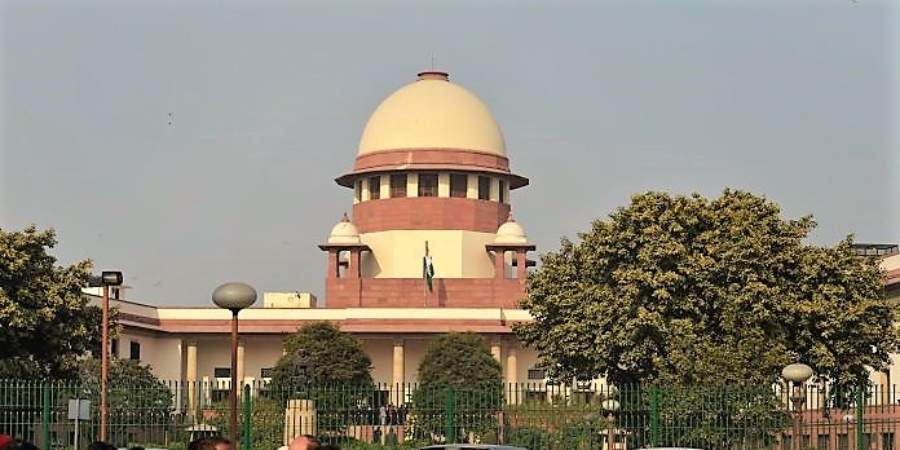
GST Council recommendations not binding on Centre, state govts: SC

In a major judgment, the Supreme Court on Thursday (May 19) ruled that the GST Council’s recommendations are not binding on the Union and state governments and they will have “persuasive” value.
“The recommendations of the GST Council are the product of a collaborative dialogue involving the Union and the states. They are recommendatory in nature… The recommendations only have a persuasive value. To regard them as binding would disrupt fiscal federalism when both the Union and the states are conferred equal power to legislate on GST,” a bench headed by Justice DY Chandrachud said.
“GST Council must work in harmonious manner to achieve workable solution,” the bench added.
“Indian federalism is a dialogue between cooperative and non-cooperative federalism. Indian federalism is a dialogue in which states and Centre always engage in a dialogue,” the court said.
The apex court’s decision came while confirming a Gujarat High Court ruling that the Union government cannot levy Integrated Goods and Services Tax (IGST) on ocean freight from Indian importers, The Hindu reported.
According to the report, the court emphasised that Article 246A (which gives the States power to make laws with respect to GST) of the Constitution treat the Union and the States as “equal units”.
“It confers a simultaneous power (on Union and States) for enacting laws on GST… Article 279A, in constituting the GST Council, envisions that neither the Centre nor the states are actually dependent on the other,” Justice Chandrachud said.
“India is a multi-party system. It is possible that the party in power in the Centre may or may not be in power in other States… Even if the States have been given lesser power [in certain situations], they can still resist the mandates of the Union by using different forms of political contestations permitted by the Constitution… It is not imperative that one of the federal units (Centre or the states) must always possess a higher share of power over the other units,” the court said.
Further, it stated, “The federal system is a means to accommodate the needs of a frugalistic society… Democracy and federalism are interdependent to each other. Federalism would only be stable in a well functioning democracy. Additionally, the constituent units of a federal polity checks the exercise of powers of one another to prevent one group from exercising dominant power.”

